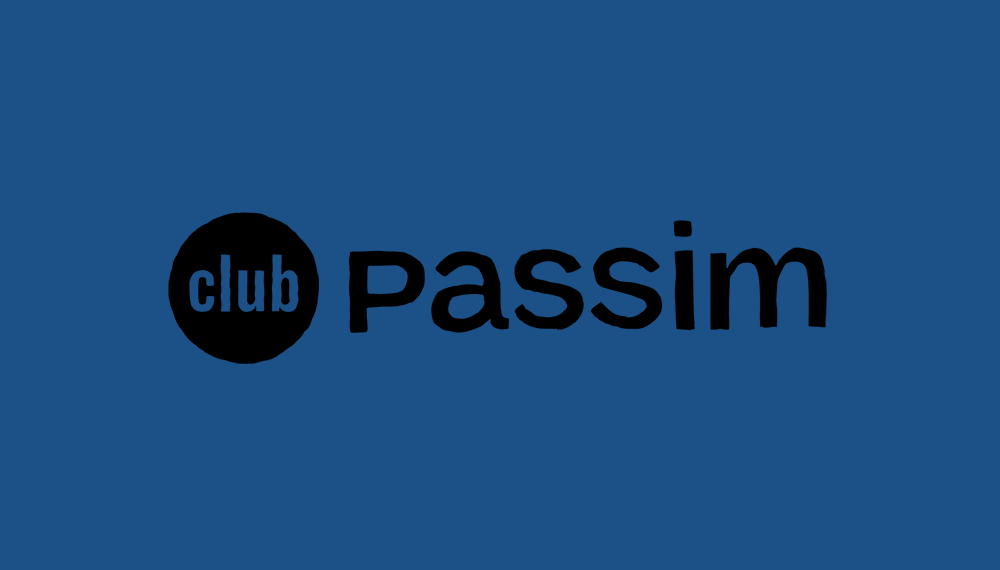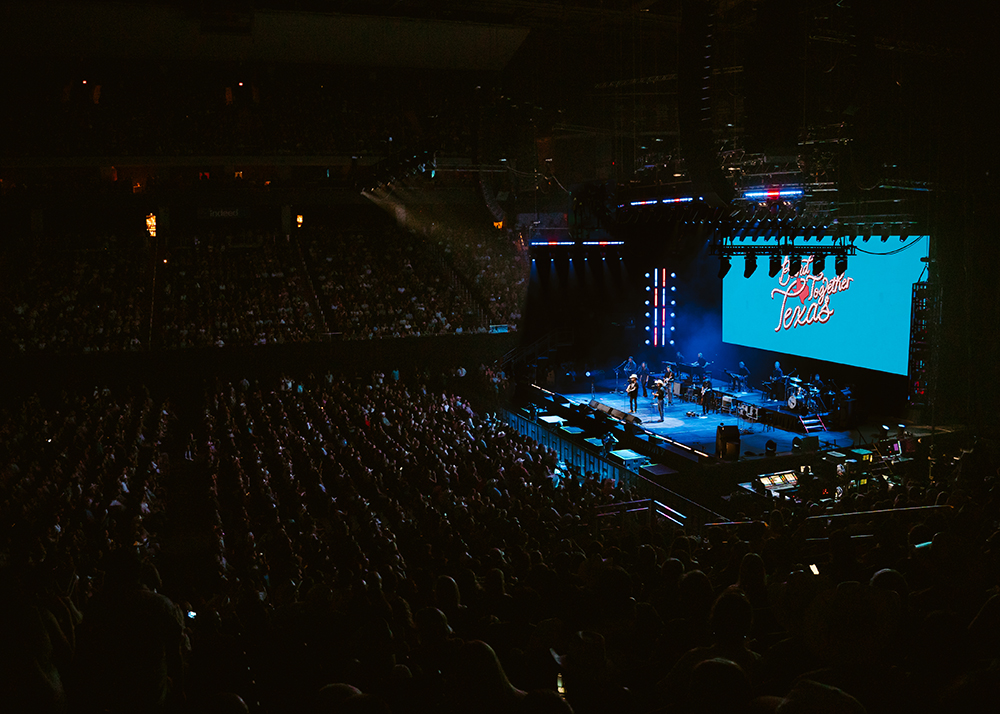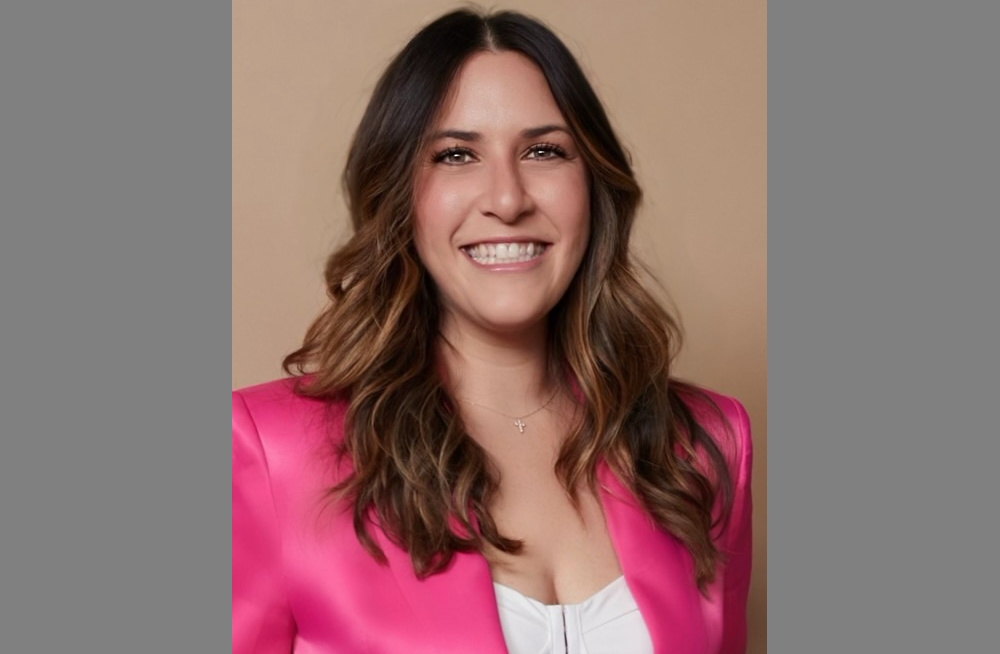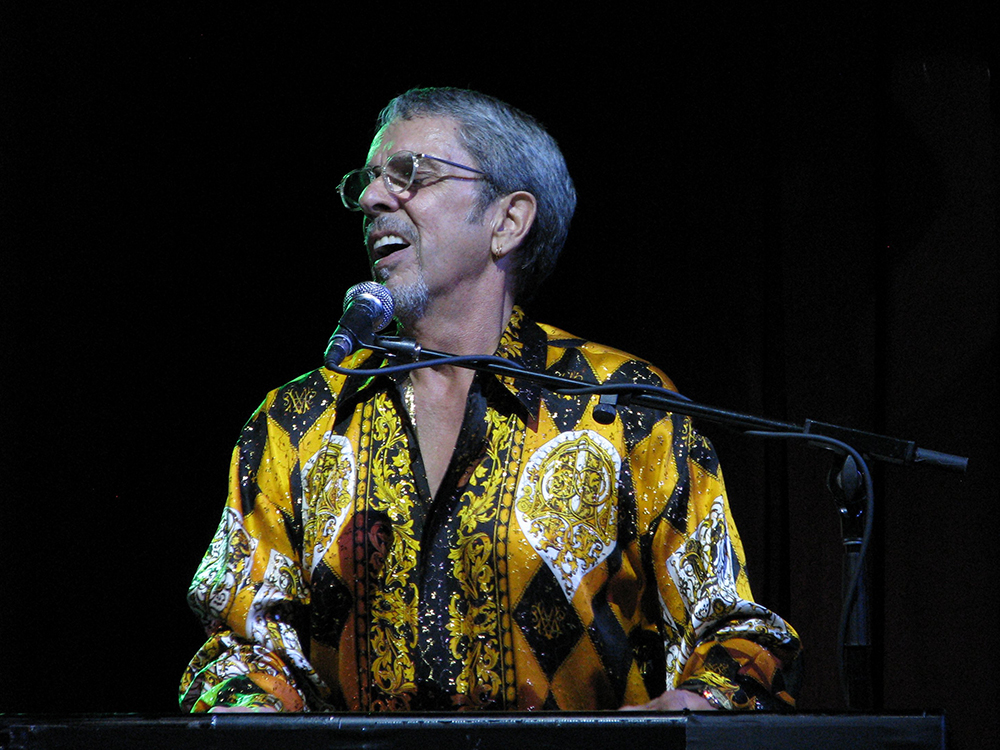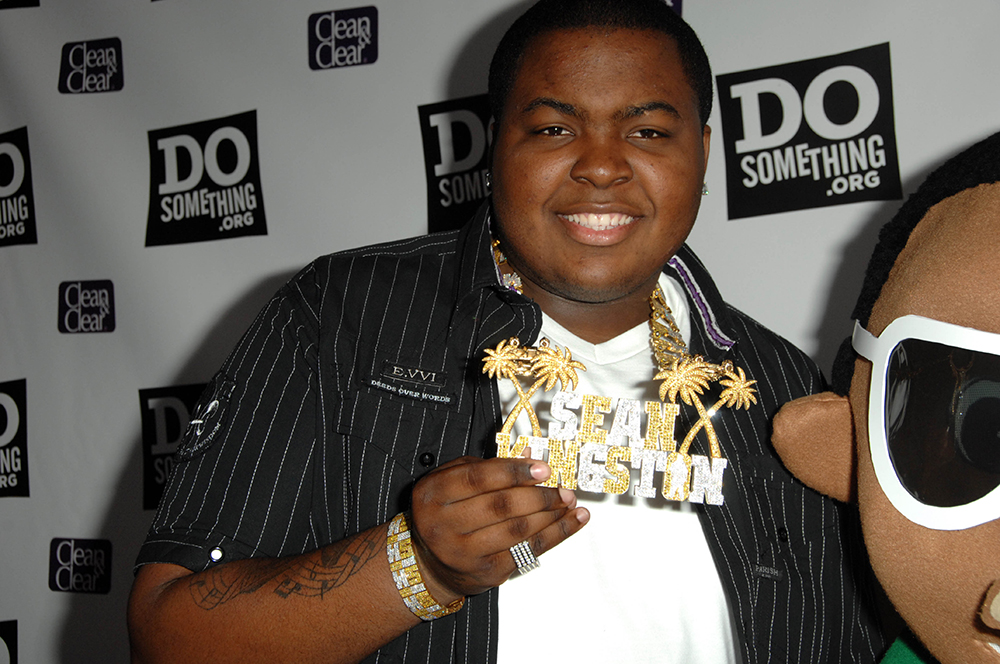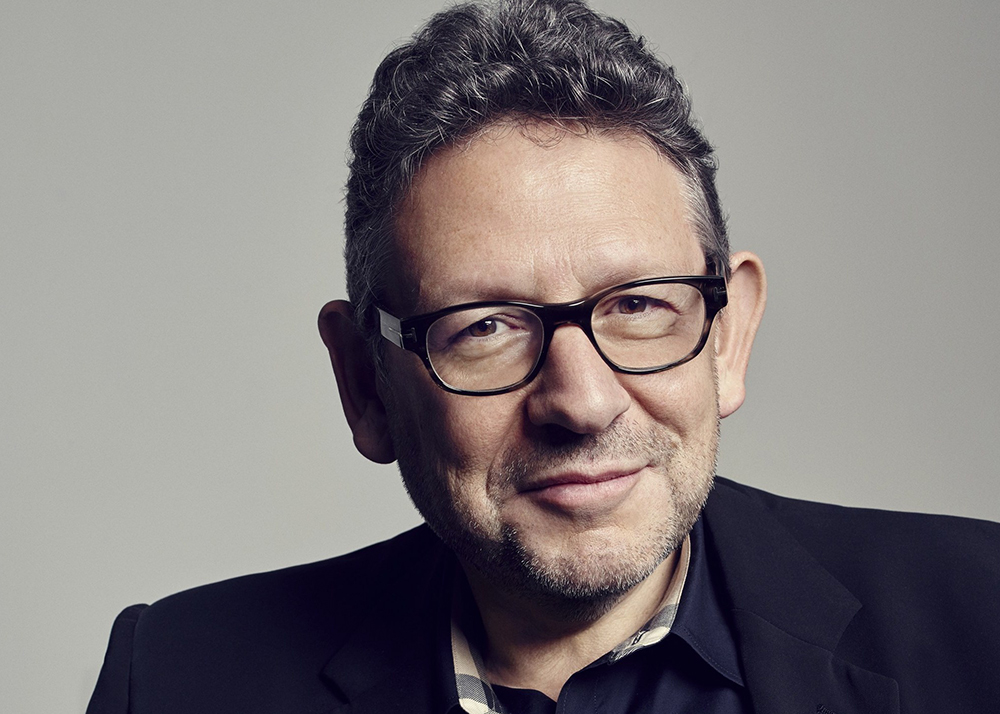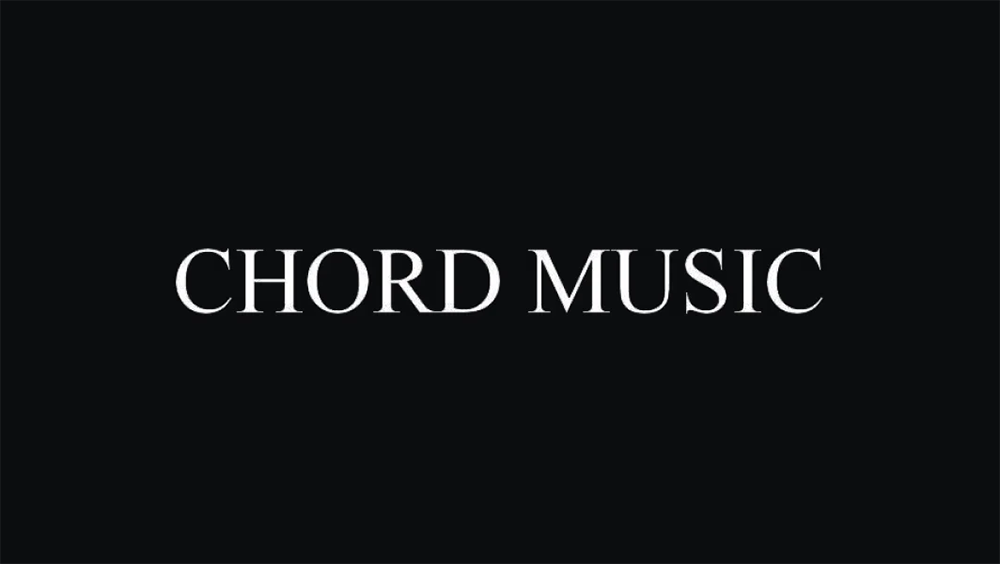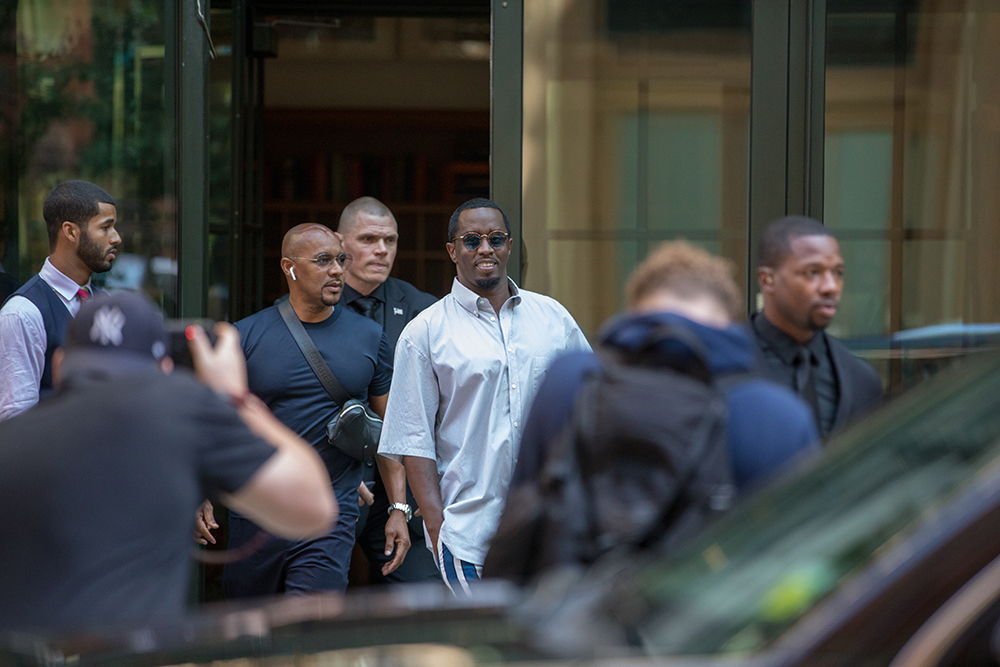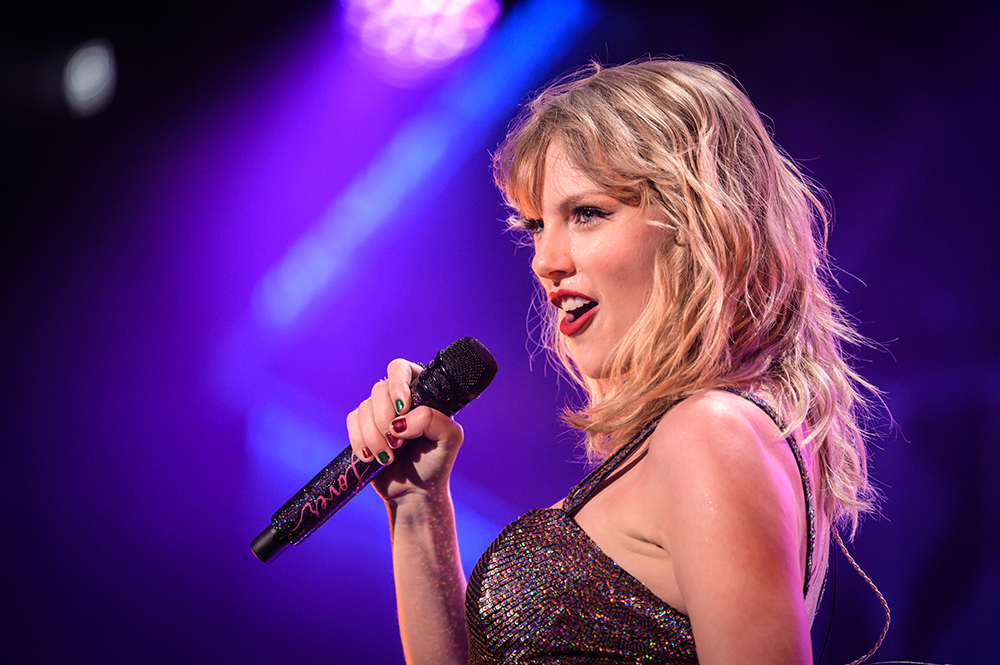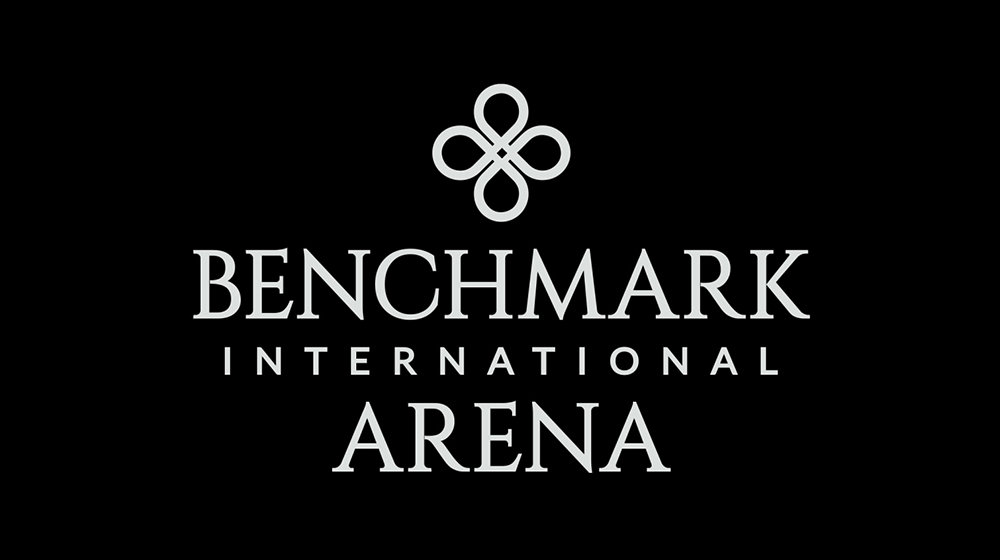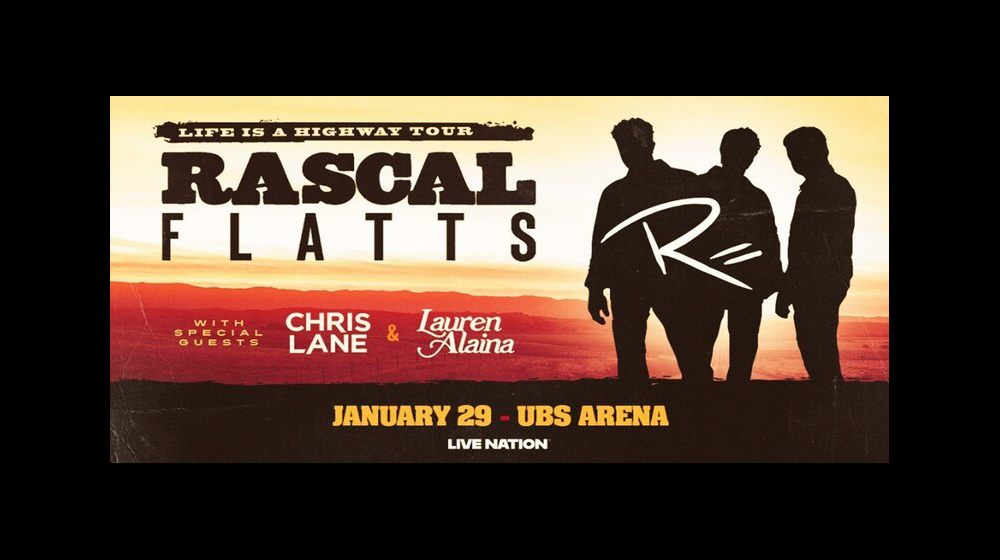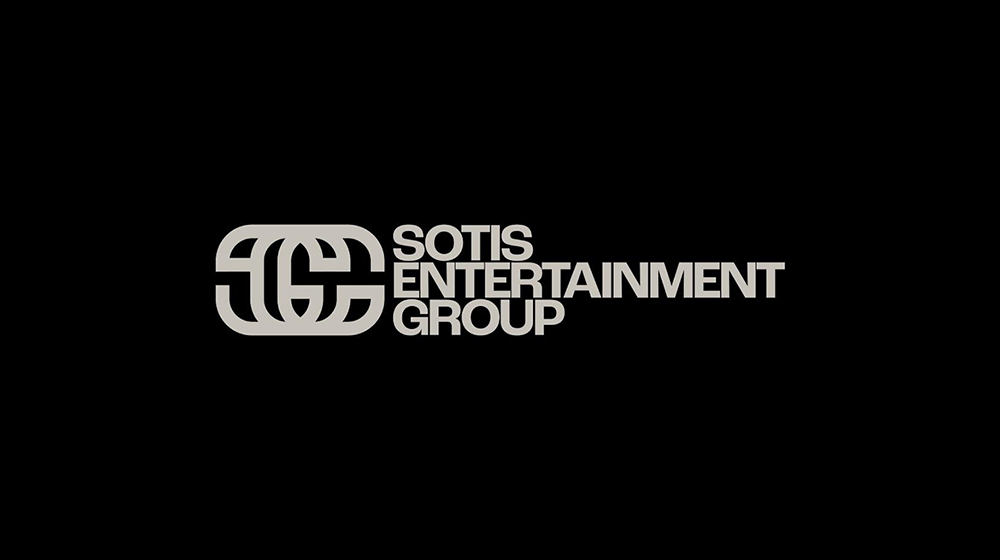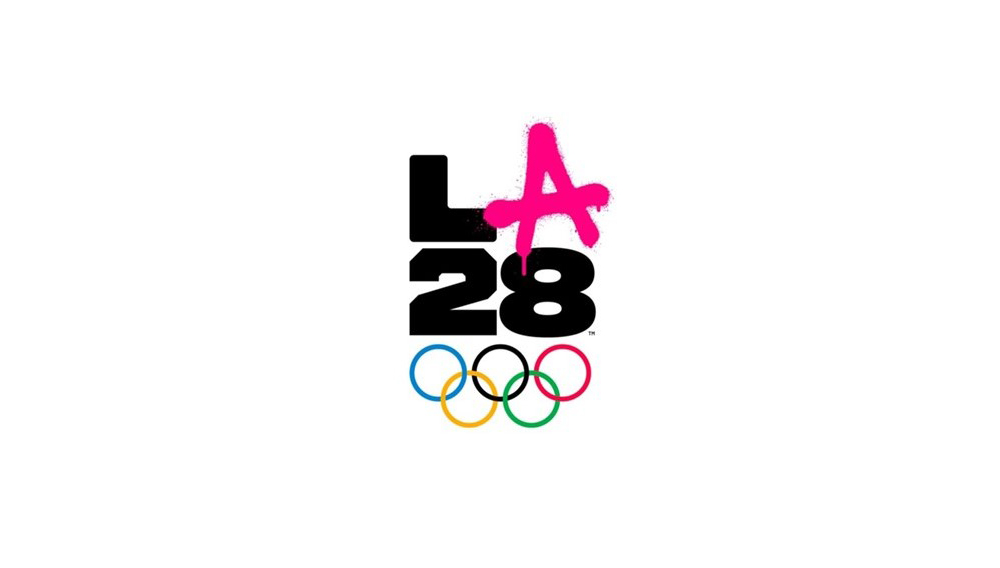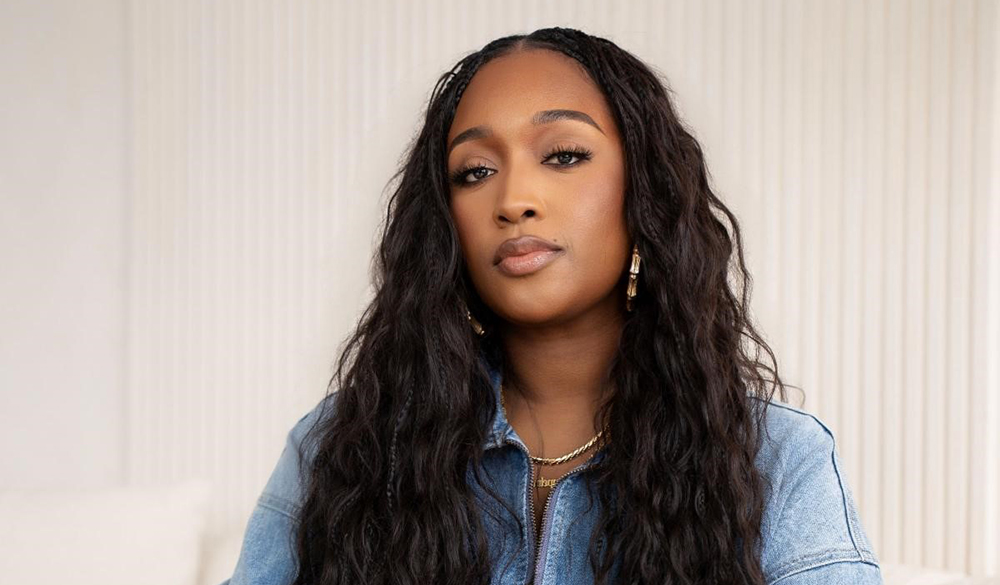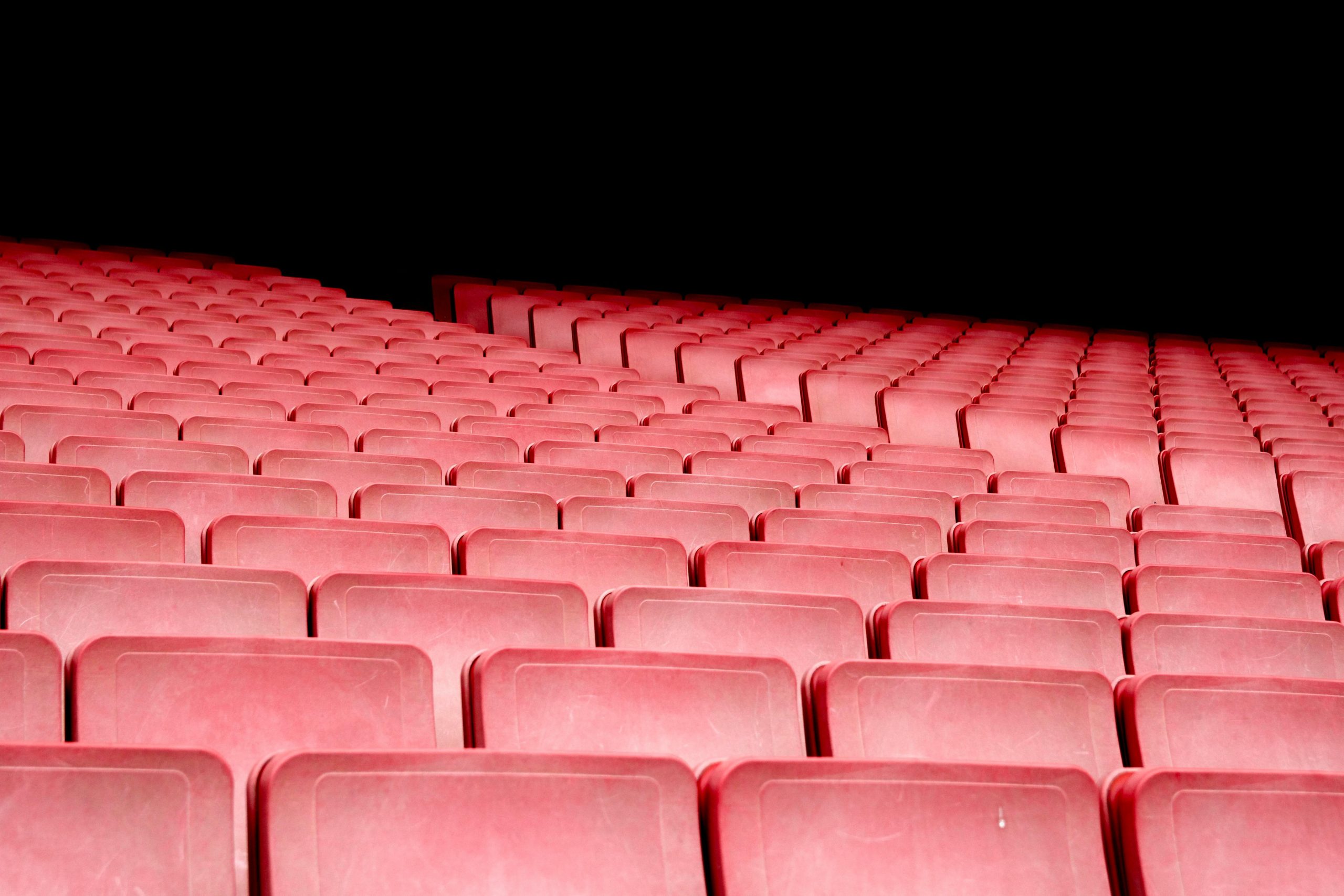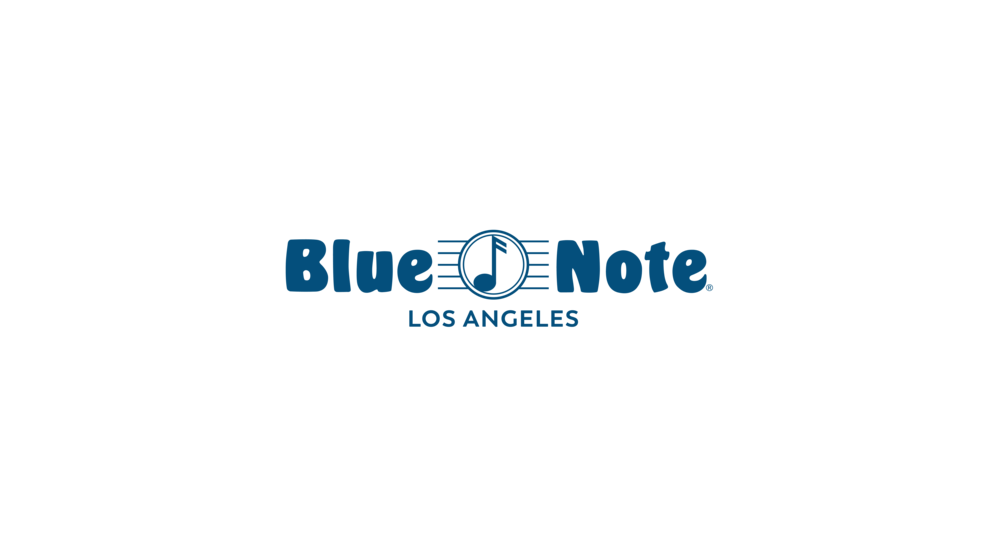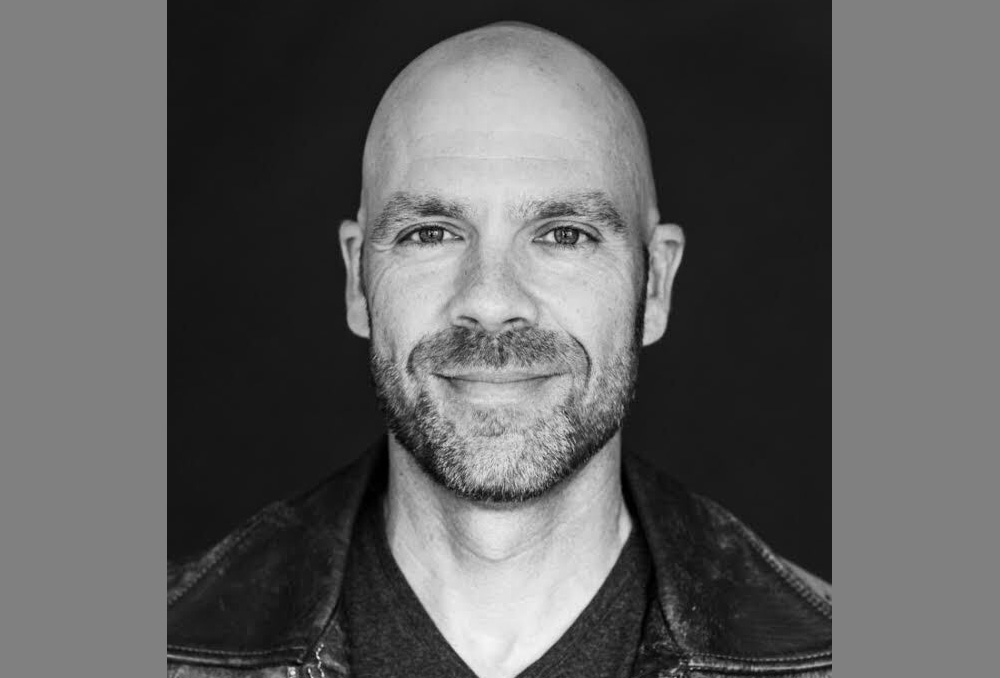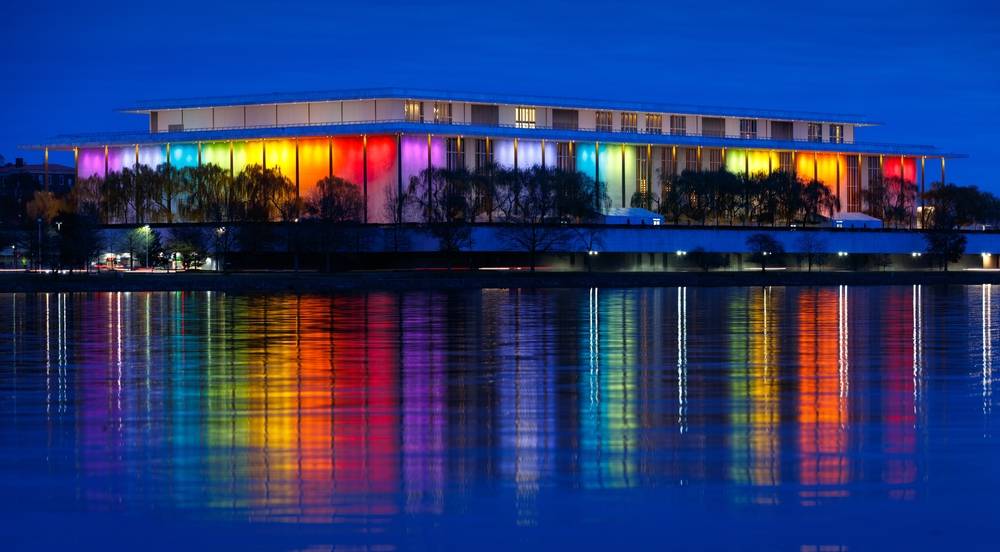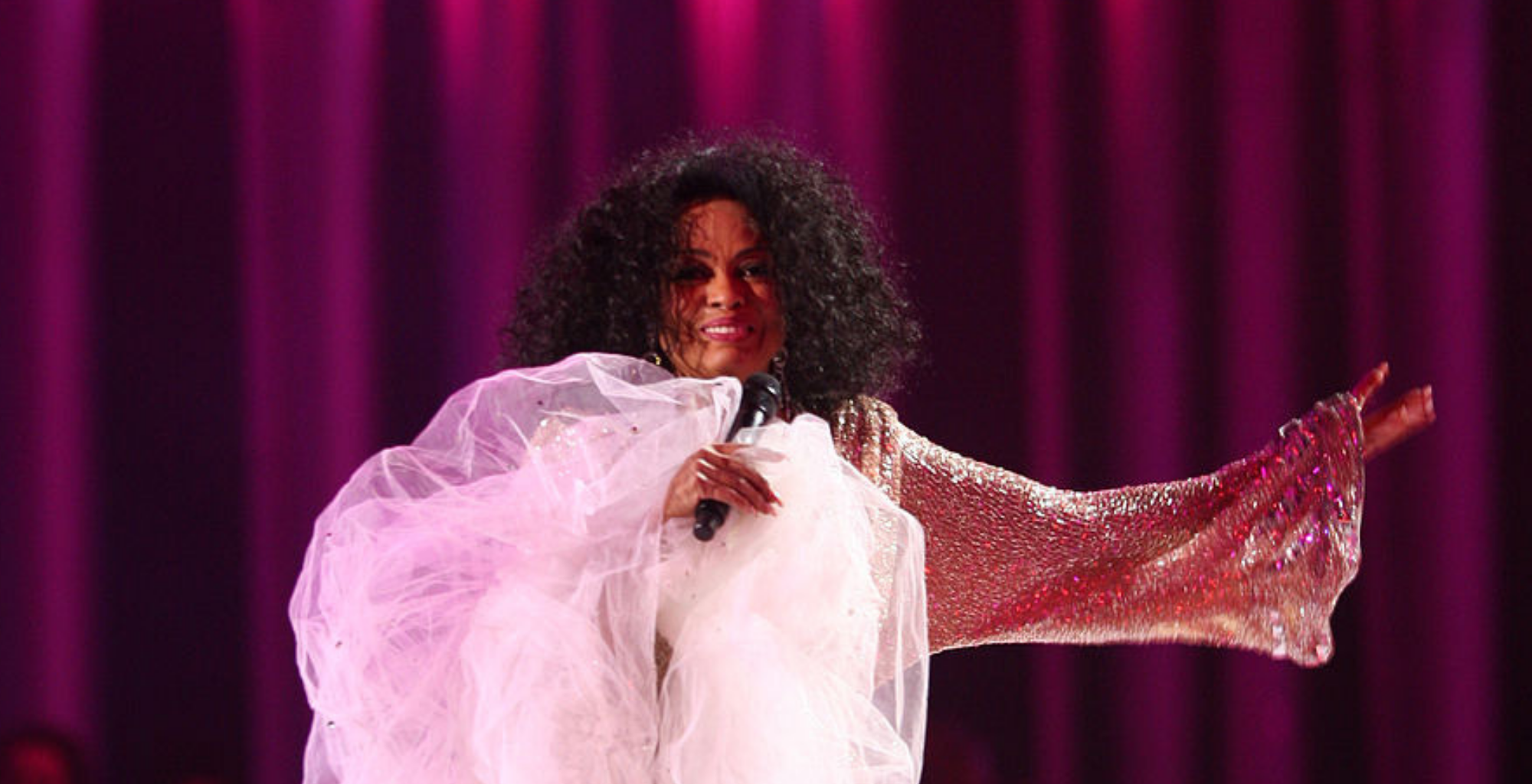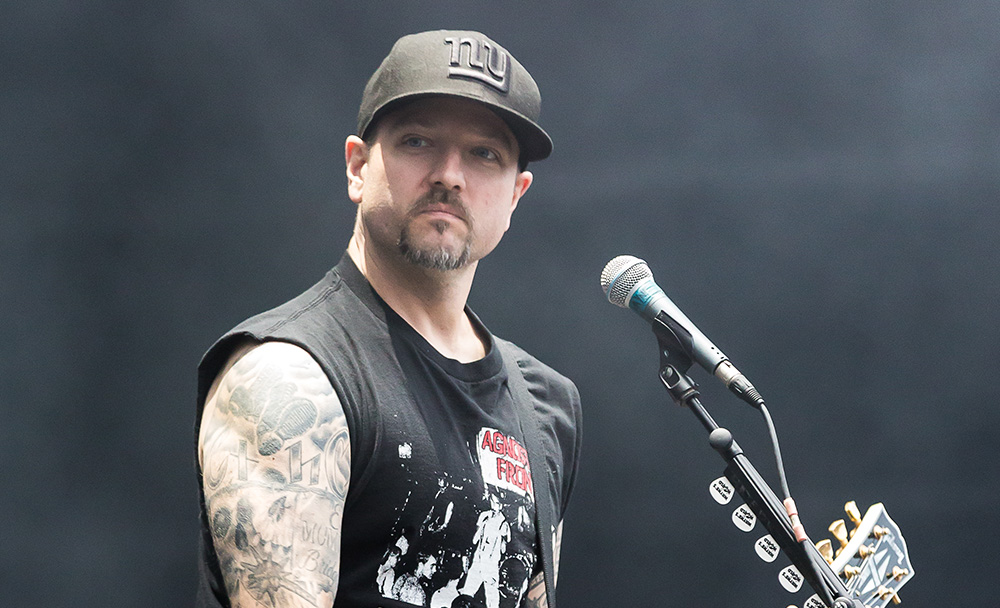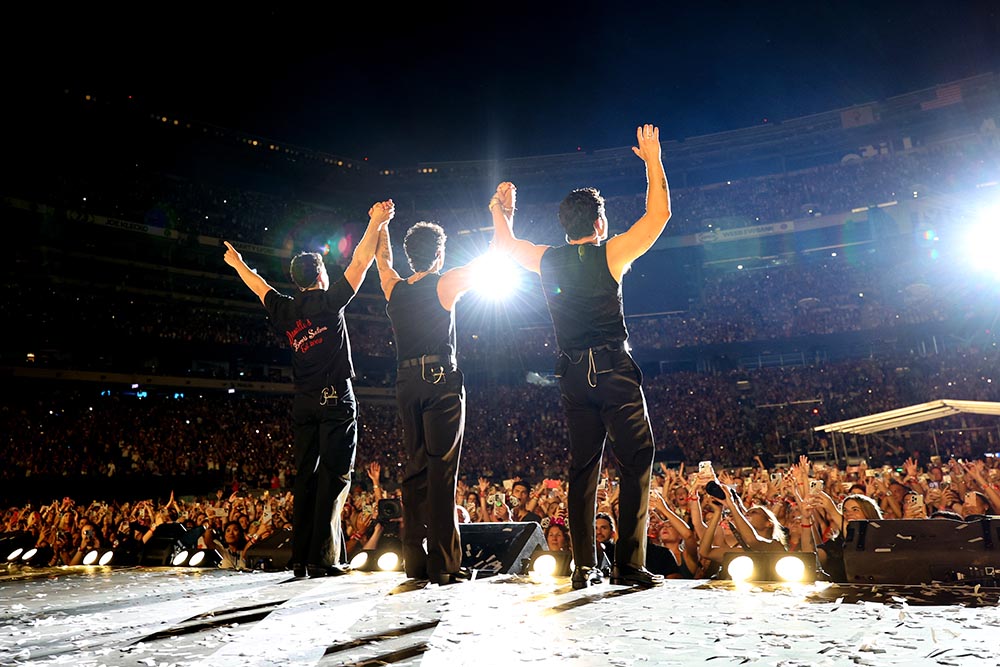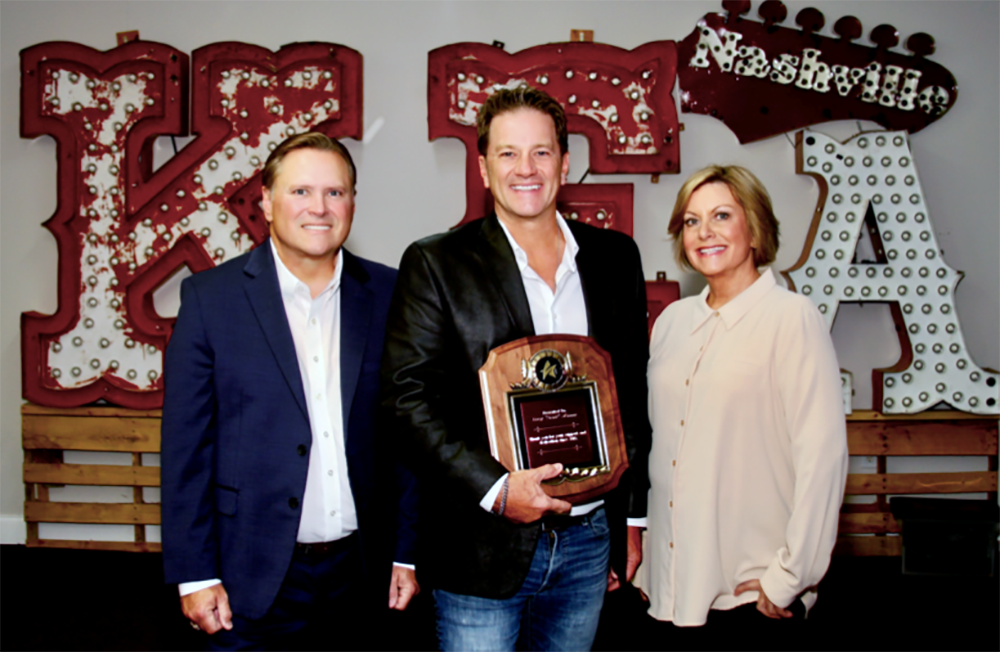
So I'm out to dinner with a concert promoter. He can't understand the adversarial relationship between promoters and acts. According to him, the promoter is the band's BEST FRIEND!
Think about it. Who else is going to invest so much money in the band's career?
That's what we've come to. The labels are bankrupt, if not financially, artistically. The acts they build can't sell tickets and they don't want to invest much. Let's make it simple. If you make Top Forty music, the label will put money into you, but fans won't come see you live, because they don't believe you're real, they know your record was made by committee, the same people who make all the other Top Forty hits.
No, fans want to see credible acts.
And the only people paying these acts is the promoter.
Classic acts can't sell a record. So the promoter is their only source of revenue.
Most new acts can't sell tracks because they're not exposed on radio or TV, they depend on the promoter's bucks.
So why is there such an adversarial relationship between acts and promoters? Why is the person paying treated with so little respect?
The act is paid a guarantee, oftentimes exorbitant, and dictates ticket price. The promoter knows you can't charge $49.50 plus surcharges for a lawn ticket, but in order to meet the act's demands, that's what you end up with. And the customer says no and the act won't help the promoter sell tickets by dropping the price. This is a business?
Actually, it's fascinating looking at the landscape.
There's the occasional instant superstar, like Lady GaGa. But most of the instant arena acts don't last. If you think Justin Bieber will continue to sell tickets, then you've never heard of the Jonas Brothers or Miley Cyrus.
And it's so hard for acts to develop.
Maybe, just maybe, the concert promoter is about to become king.
Last year was instructional, sure, Live Nation's income took a hit, but so did Sarah McLachlan's credibility. Play to empty seats and suddenly no one wants to see you again. Like my buddy Don Fox says, let the acts play to empty seats, that'll revolutionize this business. You'd be surprised who doesn't sell out, despite the ads trumpeting the unavailability of tickets.
He with the money ultimately wins. When are concert promoters going to realize this? When are they going to learn to say no instead of yes? Robert Sillerman rolled up the old promoters into SFX fifteen years ago. Isn't it time to stop overpaying to keep the ball rolling?
Sure, Live Nation's stock would nosedive if they started saying no, but that's the best way to realign this business. This promoter talking to me tonight used the NHL as an example. The league shut the doors, they just couldn't make money with the financial system in place. The players said they could construct their own circuit. But they couldn't. They could play in Europe for less and they ultimately came back to the bargaining table with a realistic concept of what they were worth.
We need to do the same in the concert industry. Promoters need to stop paying so much to make so little money.
And promoters must be able to promote.
This promoter tonight talked about making a guarantee. TO THE CUSTOMER! If you don't like the show, you can leave before the third song and get all your money back. At these prices, we've got to give people insurance.
And we've got to lower the prices. Because who can afford them? You can go to one show a year. And that's not healthy for our business. Suddenly, concert attendance is like going on vacation, a once a year event.
We don't want concert promotion to go the way of recorded music. Somehow the labels didn't realize that it was best to get everybody paying a little for a lot, especially when they participate in 360 degrees of revenue. Allow people to check out new bands and they might go to a show, and buy a t-shirt.
Actually, that's what's truly happening now. Word on the new acts is spread online. You can hear their music for free on YouTube. Tickets are cheap. You go because you want to be part of the collective, you want to be first. This is the way the business used to be, before grosses were trumpeted in newspapers and greed killed the paradigm.
You've got to set the promoter free. He's got to be your friend.
Why should an act trust Doug Morris or Jimmy Iovine or Lyor Cohen yet abhor Michael Rapino and Randy Phillips? Michael and Randy are paying the acts more money, and will continue to do so long after their record contracts have expired. And good luck getting those record royalties you're due.
Bill Graham promoted shows. And people came to his concerts because he was promoting them. That's the power of a great promoter.
It just can't be a banking deal. Because acts are relying on the promoter to sell tickets. Without radio or TV, who else can do the job?
Bruce Allen Responds

I've been saying the same thing for years. In the US, without Don Fox's committment and belief I would not have broken BTO, Bryan Adams, Loverboy or Michael Buble. The same can be said for promoters around the world.
The problem is there seems to be an agency vs promoter battle. It is all about control. The agency wants to be the go to entity, but I've always believed that the person INVESTING the MONEY should have a large say in ticket price, imaging, ad spend and where to play.
However, too many managers have one mantra. GET THE MONEY!!!
I get it. We are all percentage guys. The big guarantees are tempting, but if it leads to empty seats and papering, what is it doing to an act's longevity as a major attraction?
I view my promoters as partners. If they make money, then my act will be making money. Just like the label, they are part of the team.
I do not believe that my artists' money should hinge on parking fees and concession sales. Those are false indicators.
My road staff and the promoter go over seating charts with a fine tooth comb. We try to scale the house correctly for the MARKET. Not the nation.
When you have a promoter as a partner, you know where to be on a tuesday night to maximize ticket sales. The Saturdays take care of themselves.
I talk to my promoters all the time. I'm always surprised how many managers don't. The promoter is investing in you and hopefully investing in the future. I know this sounds "old school" and it probably is. But is there anything wrong with all parties winning?
Bruce Allen
Sent from my BlackBerry device on the Rogers Wireless Network
——————————————————————————————
Bob,
The only reason I have been able to stay in this business for over 40 years is because of the relationships I have with managers that believe in me.
Most of the agents today only talk to promoters for two reasons:
1. To get the biggest guarantee possible.
2. If there is a problem with the show, they can blame the promoter.
I really feel like promoters are treated like second class citizens.
Basically we've become the Rodney Dangerfields of the business…We get no respect!
Things have got to change if we all want to keep our business thriving.
Don Fox
Beaver Productions
New Orleans/Memphis
——————————————————————————————
Bob,
With all due respect, tell us something we don’t know. Although you state the obvious and it seems the logical course would be to reject the current model, hold out for change and rewrite the rules when the dust settles, it won’t happen as long as promoters themselves continue to play the role of “enabler” in the equation. None of the absolute nonsense that you chronicle would be possible if those paying the bills, the promoters, would stop jockeying for position amongst themselves and turn their attention/energy toward the fix.
Steve Bailey
Apex Artists



















